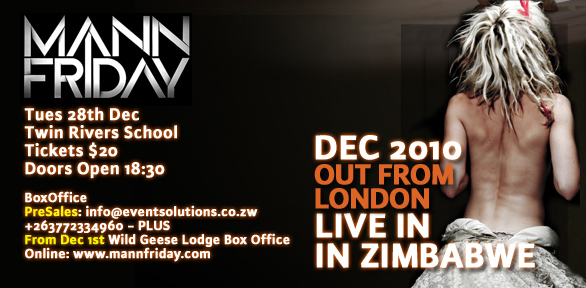Stare and look closely: activism is everywhere
Monday, November 29th, 2010 by Bev ClarkLiz, a participant on Kubatana’s recent workshop on creative organising had this to say:
My mind today was put to a tactful journey as I was give the opportunity to visualise the tactics of information activism. An ordinary day surely does not pass without one’s mind being put to task, but mine today was used differently! Listening to how various organisations the world over have and are making use of technology to turn information into action (Kubatana Trust of Zimbabwe being included), had me inspired as I was writing the tactics down. Nothing was so new or out of this world, but what in some aspect made it new was the way the organisations used them to get their objectives accomplished.
Tactic number 7 really challenged me. ‘Use Complex Data’, by Access Info helps to advance the right to know by publishing budgetary information on their website for the public to access. I asked myself why such an informative website does not exist in my country?? Come to think of it, parastatals are required to issue their expenditure accounts freely to the public….but reality check! This is not happening in Zimbabwe. The protocol and bureaucracy which one has to go through to access this kind of information will make you so tired before you even complete the process…guess its a means of never trying to expose corruption.
The rapid changes in technology surely brings about a greater and dynamic opportunity for information sharing thereby contributing to the success of CSOs’s advocacy. But just as we embrace these technologies some countries are presented with new methods of suppression, censorship and breaches of privacy. For example in Tunisia, You Tube was banned. In Zimbabwe the registration of cellphone lines is being hotly debated.
My experience therefore makes my eyes stare and look closely at a direction I used to just glance at, rekindle some dreams I had shelved under my pillow, open my mouth to say a word or two on issues I’ve been keeping quiet about.










